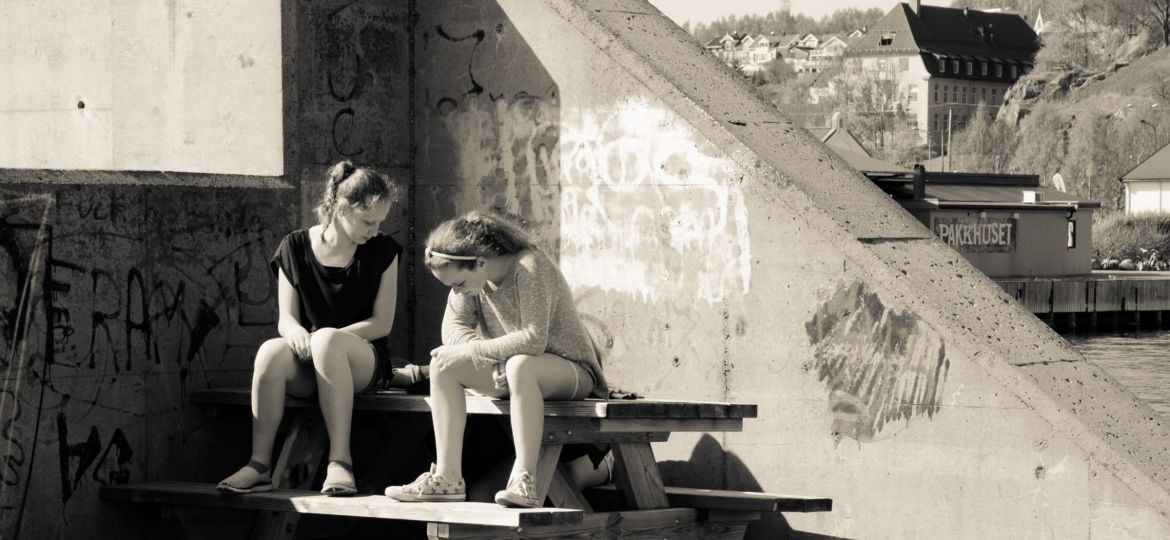
Sunday, April 10 was National Sibling Day here in the U.S. I’m sure that many, if not most, of you are already aware of this fact. A Snapchat filter and a small tidal wave of Facebook posts served to remind those of us who hadn’t already been prompted by well-meaning parents to send a text or a call to an older brother, younger sister or other person of genetic similarity.
I myself have a younger brother with whom I share this most minor of calendar events. His name is Grant. People say that we look alike, and I’m inclined to agree.
Now, Grant and I recently had a chance to sit down and spend a few hours tossing around what passes for news in a small Midwestern family – Mom’s new book club, the changeable nature of high school crushes and the eagerly anticipated family trip planned for this summer. All of these were examined, turned over and dealt with in turn. Eventually we got into a discussion of the beginnings of his college search, and all of a sudden I found myself at a loss in terms of fraternal advice.
Don’t get me wrong. I remember all of the well-meaning advice I received when I was his age: my teachers urging me towards AP classes, my grandmother reminding me that my career path would likely change regardless and my father asking if I had finished filling out the FAFSA and if I had considered how much money I could save by living at home. Most of all I remember almost everybody telling me in a unified voice to “follow my passion.”
Much like myself at his age, my brother found this last piece of advice particularly unhelpful. How could any 17-year-old (or 21-year-old for that matter) know enough of him or herself to recognize the “passion” or “vocation” powerful enough to guide the next four years of someone’s education, let alone provide a sense of the direction for the rest of his or her life?
I get it. This whole conundrum is exactly why liberal arts colleges get marketed as they do. Take four years and explore a variety of fields. But all of this open exploration is still meant to one day lead the way down the second floor Tomson hallway to the Piper Center and a plan for post-graduation that can be summed up in a quick phrase.
The truth is that we head off to college in an effort to better ourselves, to broaden our minds and hone skills. But some days I wonder whether or not we’ve even begun to discover these selves we’re meant to better. How can we when we’ve barely started our lives that will stretch out across more days and hours and minutes than any one person can count? How can we know what’s best for ourselves or for those around us that we love? And why do we ask ourselves to know these things in the first place?
Maybe this is the wrong way of thinking about it. Maybe my grandmother is right when she says that everything will change and that no high school or college student is playing with particularly high stakes. But as I sat across from my brother, grasping for words to articulate my supposed experience and justify my choices, the stakes certainly seemed high enough.
seabloom@stolaf.edu

